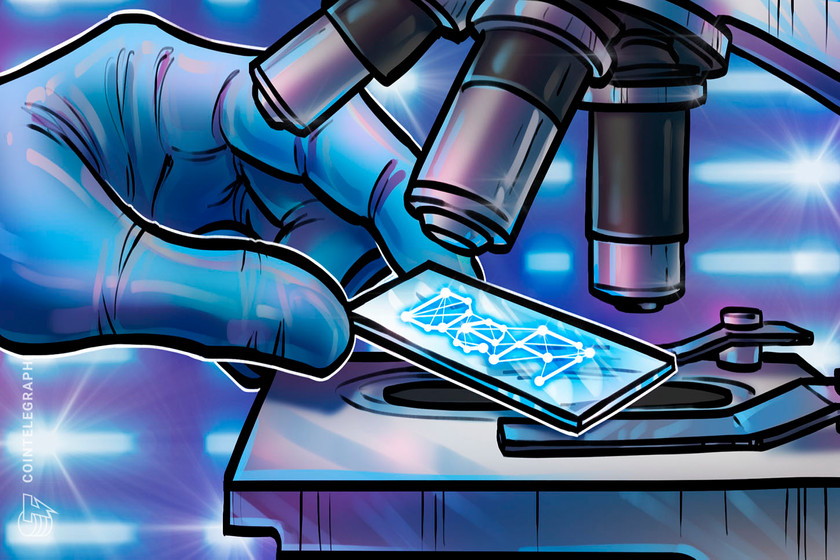Default auditing for DeFi projects is a must for growing the industry

There has been a shift that has taken auditing from being seen as an unnecessary burden to an absolute essential for any serious project.
The radical opportunity presented by decentralized finance has garnered significant attention from investors and speculators alike. The total value locked in DeFi protocols grew over 2,500% in 2020, from around $700 million in January 2020 to over $20 billion in December 2020. TVL is a more useful metric than market capitalization when it comes to DeFi, as it accurately represents the equity that investors are willing to commit to these protocols. And their commitment didn’t end in 2020; this year alone, DeFi’s TVL more than doubled, reaching $40 billion in February.
Related: Was 2020 a ‘DeFi year,’ and what is expected from the sector in 2021? Experts answer
While DeFi’s growth over the last year can be largely attributed to retail investment, 2021 is shaping up to be the year institutions start getting in on the action. As yields from fixed-income assets continue to drop to historically low levels and unprecedented stimulus packages ratchet up inflation expectations, a massive amount of money is now seeking higher returns.
Forward-thinking asset managers are turning to DeFi. Circle — the issuer of popular stablecoin USD Coin (USDC) — is set to launch the first high-yield digital dollar account to be aimed at institutions. By lending out to the capital-hungry crypto markets rather than oversaturated traditional markets, the account can offer up to 10.75% annual percentage yield. While it will initially serve only businesses, there are plenty of options that cater to individual investors.
How to bring institutional investors into DeFi
During DeFi’s explosive growth in 2020, dozens of separate attacks drained investor funds, with half of all crypto attacks in crypto were of DeFi protocols. Many of these exploits made use of tactics as new and creative as the protocols themselves. Others were repeats of previous exploits that remain frustratingly easy to prevent. While any loss of funds is unfortunate, the security of DeFi has improved greatly over the last few years.
Getting listed on any major exchange now requires a project to have passed auditing, as it’s simply too risky for exchanges to compromise on the safety of their customers’ money. But meaningful security doesn’t end there.
Related: The code is key: Solutions for overcoming DeFi security breaches
Worryingly, in 2020, there were attacks that resulted in money stolen from protocols that had passed a security audit. While auditing focuses on a snapshot of code prior to its deployment, the process cannot take into consideration the interactions of a contract once it’s released into the wild. The dynamic rate of change in DeFi means that new tools and programs can pose new risks.
Related: As faith in audits falter, the DeFi community ponders security alternatives
The possible solution
Automatic security tools can continuously monitor smart contracts against a wide range of known vulnerabilities, even after they’re deployed onto a public blockchain. Users can protect individual transactions, too, by requiring the contract with which they’re interacting to meet a certain security threshold before the transaction can be confirmed and funds are committed.
It’s important to be protected while your contract is running, even if everything seems to be going smoothly.
In addition to real-time security tools, there are a few options for decentralized insurance alternatives on the market today. There are solutions that can provide protection for user funds locked in many DeFi protocols, which give DeFi users peace of mind, knowing that their capital is secure in the face of unforeseen events.
We envision a world of decentralized finance where protecting your assets is as simple as checking a box before placing a transaction, where on-chain technology protects transactions before they happen, and where security is a foundational pillar of every platform.
In combination with its unparalleled yields, a reputation for this kind of comprehensive security will help take DeFi from its current share of around 8% of cryptocurrency’s total market capitalization to a level rivaling the legacy financial system.
This article does not contain investment advice or recommendations. Every investment and trading move involves risk, and readers should conduct their own research when making a decision.
The views, thoughts and opinions expressed here are the author’s alone and do not necessarily reflect or represent the views and opinions of Cointelegraph.



